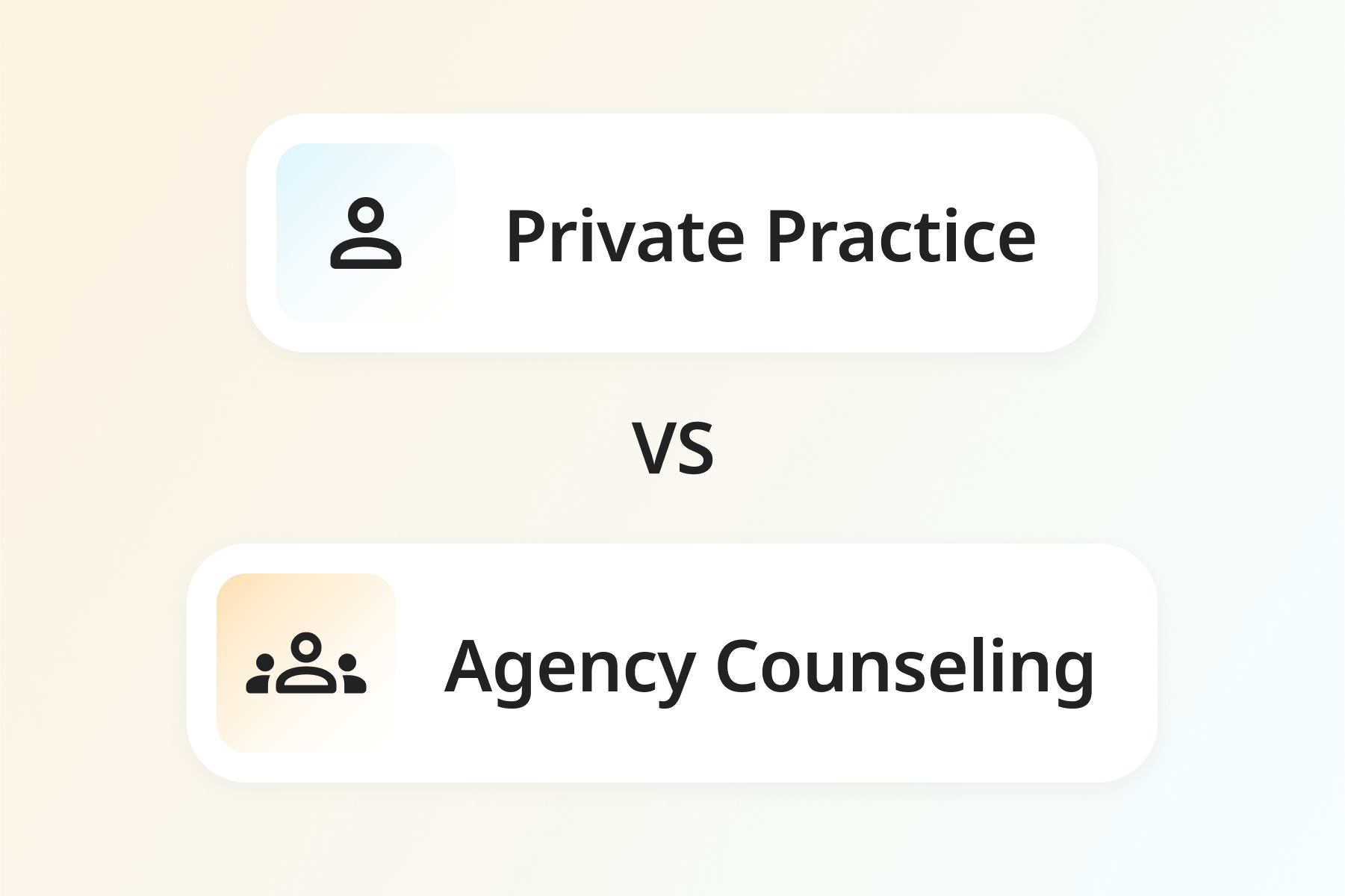.avif)
Back in the dark ages when I was an undergraduate psychology student, there were strict rules about how mental health professionals could advertise.
The ethics board for psychologists, for example, insisted that clinics carry the name of the professional. “William Whitehead, Ph.D. and Associates” was OK; “Serenity Clinic” was a no-no.
Furthermore, they prohibited advertising of psychotherapy services in general, and testimonials from clients in particular.
Why all the restrictions? To prevent misleading advertising of any sort from cheapening our profession, and to ensure that independent professionals could stay competitive with larger groups. In essence, to ensure that an organization like BetterHelp would never exist. But, alas, the restrictions softened, and greed was allowed to gain a foothold.
What is BetterHelp (and others like it)?
Haven’t heard of BetterHelp (or any of its competitors)? Which rock have you been living under! With its estimated $100 million per year in media advertising, its payments to social media “influencers” for their promotions, and its constant stream of print and online advertising, BetterHelp now seems second only to Coke in name recognition. BetterHelp has now recruited 8000+ therapists nationwide to provide phone, text, or video therapy to uncounted numbers of clients, who pay a monthly fee for access to their assigned online therapist.
There may be a small silver lining to this level of promotion. People who had never considered psychotherapy for themselves are now being bombarded with this idea, resulting in wider acceptance of the concept of accepting professional help. Insurance companies are loving it. Because BetterHelp doesn’t accept third-party reimbursement, insurance payouts for mental health services are going down. (Will they reduce the rates for their insureds as a result? If you think so, please come out from under that rock!)
What do I need to know before making the decision to join BetterHelp as a therapist?
That is pretty much the whole list of positives. This list of negatives is impressive.
Alex Press may have said it best, calling it “the Uber of the mental health space” and stating that its business model is the “ruthless exploitation of both therapists and patients.” C’mon, Alex, don’t be coy–tell us what you really think!
Alex (and others) have criticized the use of mass tragedies like the Astroworld concert deaths as opportunities for promotion of BetterHelp.They pay social media “influencers” to extol the virtues of BetterHelp, but somehow fail to mention that this is a paid promotion.
Personally, I find even their extensive use of quotes from unpaid, satisfied clients to be improper and potentially misleading.
What is the reimbursement rate to therapists on BetterHelp?
But here is my biggest beef: the per-session reimbursement to therapists is pathetic. BetterHelp clients pay $60.00 to $90.00 per week for the service; the therapists get $20.00 to $30.00 of this, and may be required to be available 24/7 to answer text messages from clients in distress. It appears that BetterHelp considers therapists, who have worked tirelessly to obtain their clinical training and licensure, to be worker bees who exist mainly to gather nectar for the queen.
Final Thoughts
We are helping professionals. As such, we are eager to ease pain. BetterHelp can certainly fill any empty hours on our schedules with clients in distress.
But our kindness can be seen as a vulnerability, and can be exploited.
We have been fighting for decades to convince insurance companies that our time is worth at least $100.00 per hour; once they catch wind of what some are willing to accept from BetterHelp, they may rethink this and tighten their purse strings.
When you are just starting out as a therapist, you may be willing to accept “sliding scale” rates to build your practice. But notice the phrase “build your practice” in that sentence. If you are a great therapist in your own practice, you build a word-of-mouth reputation for yourself; if you do great work for BetterHelp, you build a reputation for BetterHelp, which does nothing for you as an individual.
Trust me. You are not a worker bee. You are a trained professional, and you deserve more respect.




